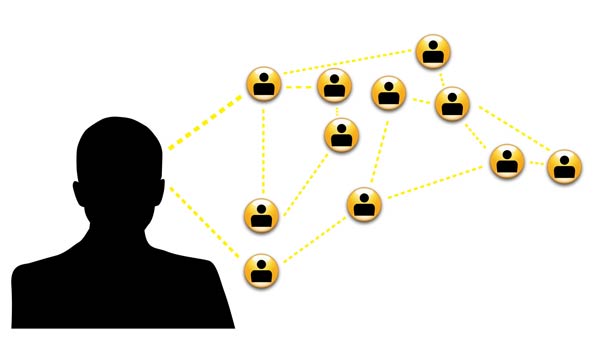In the new "Information Age," it seems that everything eventually ends up on the Internet. Up until the beginning of December 2014, however, Girl Scout cookies were an exception. Most Girl Scouts would begin by selling a few cookies to close friends and relatives, then move on to canvassing their local neighborhoods door-to-door, and finally expand to other nearby towns.
The recent announcement by the Girl Scouts of the USA that members will soon be allowed to set up their own personalized websites to market Girl Scout cookies to a wider audience has been met with mixed reactions by parents.
The Promise of Online Sales
By enabling Girl Scouts to contact far-off relatives, parents' co-workers, friends of friends, and even outright strangers, overall sales are sure to boom. Valuable experience will likely be gained in running these "miniature online businesses," which will serve them well in years to come. Scouts will be able to post their photos as well as a short "cookie commercial" video online. They will also be able to send eCards to potential customers.
Read More »





















